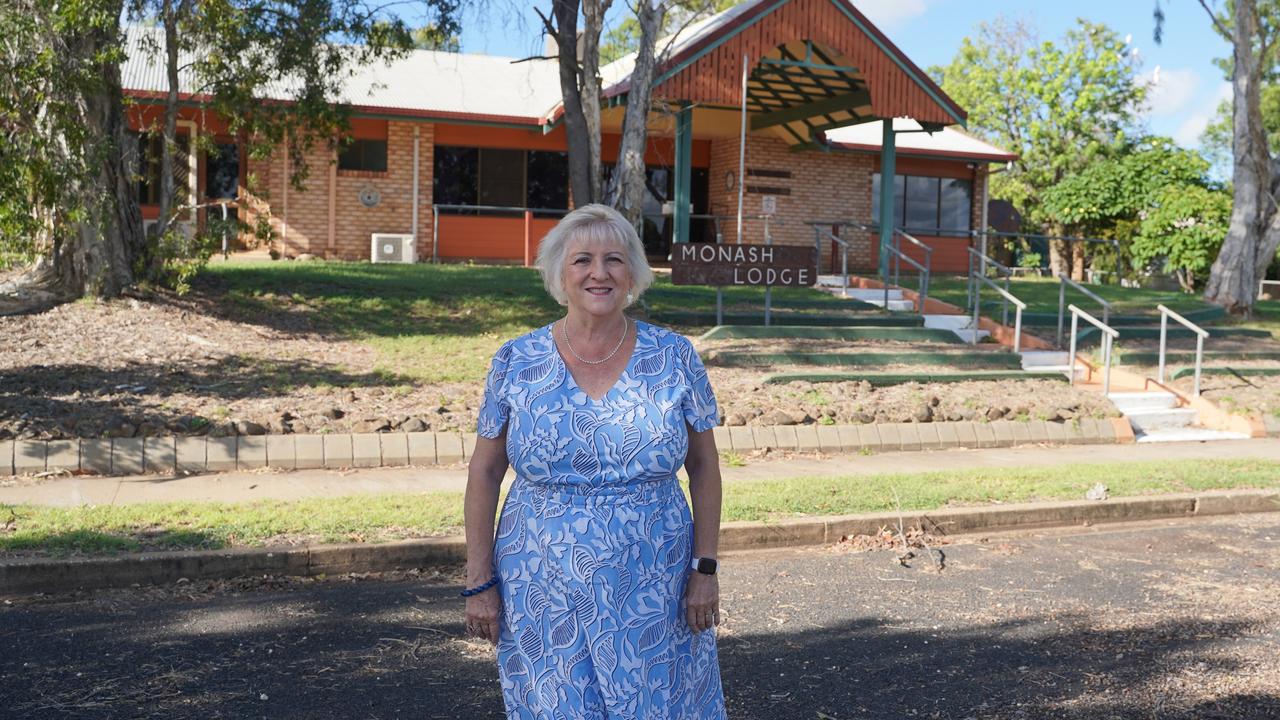‘COMPLEX’: Unstable housing market challenges buyers
New strategy ensures potential buyers are protected on future investment.
Property
Don't miss out on the headlines from Property. Followed categories will be added to My News.
HOUSE valuations across the region are proving more complex than ever before due to a historic lack of market instability over recent decades, according to property experts.
This, along with the inevitable economic fallout of COVID-19, have led to valuers and buyers struggling to navigate the impacts of changing house values.
Property researchers at CQUni also revealed the need to educate the current generation on how to identify unsustainable price trends in periods of “valuation uncertainty” as crucial.
In light of the team’s dedication it will this week host a virtual half-day webinar to inform both members and students on the impacts of the current unstable market.
CQUniversity’s head of property Steven Boyd explained that property and house prices can indeed be affected by global and local events, much like share markets and other investments.

“There have been a series of forecasts from senior economists in the government and banking sectors to the decline of housing prices – some extend to price drops of 20 per cent,” he said.
“With an extended downturn in the global economy, there may be regions that realise falls of this nature.”
It is particularly worrying, said Dr Boyd, due to the frequency in which homes are most often the asset mortgaged to finance business ventures.
“In that way, house price reductions can have a real impact on the ability of small business owners to sustain their business or recruit more staff.”
Dr Boyd further highlighted other industry’s success in comparison, admitting some innovators were instead thriving during these COVID times.
“We have witnessed areas where there is almost a sense of euphoria, as physical distancing restrictions ease and the benefits are realised from government-initiated incentives.”

“For example, there are regional markets where increased activity in some resources and rural sectors have led price increases.”
While resounding impacts on individual sectors remain unclear, he believes the longer trade is restricted, the more severe the impact will be on household income and long-term house prices.
CQUniversity’s Associate Professor Garrick Small agrees, admitting it is vital to ensure short term incentivising did not set households up for a future fall.
“House pricing is a result of household economic vitality,” Mr Small said.
“Over a longer period, affordability and sustainability play a more significant role in house pricing for occupants to be able to pay their rent or mortgage.”
For more information or to purchase tickets to the “valuing in the current climate” virtual conference click here.







